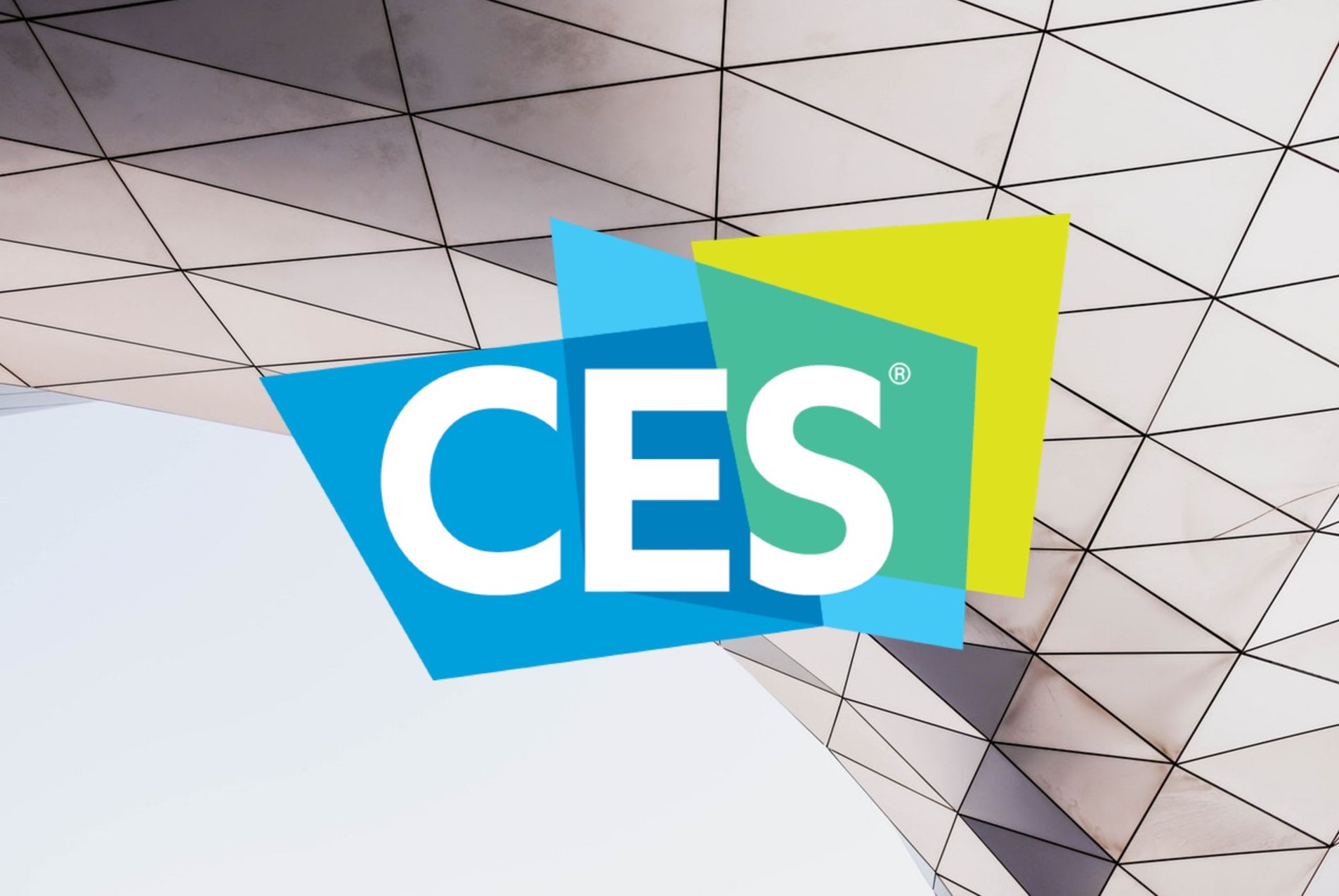Building software that truly works for your business takes starts with good code, and writing good code requires the right people behind it. Hiring a dedicated software development team is one of the ways to find them. Whether you’re a startup racing to launch or an established company that needs scaling, having a team of dedicated software engineers focused solely on your project can make a difference But with so many dedicated development team services out there, how do you know which one fits your goals, budget, and culture?
In this guide, we’ll break down everything you need to know before you hire a dedicated development team: what this model really means, how it compares to other outsourcing options, the benefits it offers, and what to look for when choosing the right partner. You’ll also learn the key steps to find, evaluate, and collaborate with the best dedicated software development company for your needs.
Understanding the Concept of a Dedicated Software Team
A dedicated software team is a group of professionals – developers, designers, quality assurance, and project managers – who work exclusively on your project as if they were part of your in-house staff. Unlike freelancers or short-term contractors, a dedicated development team integrates deeply into your organization’s workflow and communication channels. They share your goals, focus on your product long-term, and evolve alongside your business needs. Essentially, by hiring a dedicated software team, you’re gaining a fully functional remote extension of your tech department.
From perspective of a collaboration model, working with a dedicated team means partnering with a dedicated software development company to assemble a team of specialists tailored to a specific project. This setup offers the best of both worlds: control and commitment from the team, plus flexibility and cost-efficiency from the outsourcing model.
Differences Between Dedicated Teams and Other Models
When comparing the dedicated development team model to other outsourcing models like fixed-price or time-and-material, the key difference lies in ownership and involvement. With a fixed-price model, the scope and budget are locked in from the start. This is great for small, well-defined projects, but not ideal when requirements evolve. The time-and-material model offers flexibility but can lack long-term consistency, as developers may move between projects.
In contrast, a dedicated engineering team works with your business continuously, adapting to changing priorities and scaling as needed. You maintain direct communication and control while avoiding the overhead of traditional hiring.
Benefits of Hiring a Dedicated Software Development Team
Access to Specialized Expertise
When you bring in a dedicated software team, you’re hiring professionals who live and breathe technology. These teams are made up of specialists with experience across different industries and tech stacks. Instead of training in-house staff or scrambling to fill gaps, you instantly gain access to deep, specialized knowledge. This means faster problem-solving, smarter personalized solutions, and a smoother path from concept to launch.
Cost-Effectiveness and Budget Flexibility
Building an in-house software team is expensive, because you have to count in multiple factors that come with hiring (salaries, benefits, workspace, equipment, etc.) A dedicated team gives you access to the same high-level talent without the overhead. You pay for the skills you need, for as long as you need them, and can easily scale up or down as your project evolves. This is an easy way to control costs while keeping delivery timelines realistic. Plus, you get transparent pricing and predictable budgeting, which helps you plan strategically without surprise expenses.
Enhanced Focus and Productivity
A dedicated team works exclusively on your project, so there are no competing priorities. This leads to faster development cycles, and higher-quality results. Unlike freelancers juggling multiple clients, a dedicated team becomes fully immersed in your goals, product vision, and business context. They understand your roadmap and proactively suggest improvements. Over time, you’ll notice that they operate like an internal team that’s deeply invested in your success.
Key Factors to Consider When Choosing a Dedicated Team
Choosing the right dedicated software team means finding the right people who align with your technical needs, company culture, and long-term vision. Here are three key factors that should guide your decision.
Technical Skills and Expertise
Your project’s success depends on the team’s technical foundation. The right dedicated team should bring a balanced mix of experience in your chosen tech stack and industry-specific knowledge, as well as a proven track record of delivering similar projects. Look for developers who not only know the tools but also understand how to build scalable, secure, and maintainable software.
Cultural Fit and Communication
Technical skill alone isn’t enough. A strong cultural fit and open communication is key to a fruitful collaboration. Your dedicated team should understand your company’s working rhythm, and preferred communication tools. This creates smoother teamwork without misunderstandings and builds a shared sense of purpose. At Smart IT, we make communication our top priority by integrating dedicated teams into your workflows from day one and using transparent reporting and agile practices to maintain full visibility and trust.
Adaptability and Scaling Potential
As projects evolve, so do your resource needs. A good dedicated development team can scale up when workloads increase and scale down when milestones are met. Adaptability also means being able to pivot when your business strategy or technology stack changes. Smart IT’s flexible engagement model allows you to adjust team size and expertise dynamically, giving you the agility to stay competitive while keeping your development process stable and cost-effective.
Steps to Effectively Hire a Dedicated Development Team
Hiring a dedicated development team means building a long-term partnership. To get the best results, you need a thoughtful strategic approach and a trusted software partner. Here’s how to do it right and get the most out of this collaboration.
Step 1. Identify Your Project Requirements
Start by defining your project’s core objectives, technical scope, and expected outcomes. Answering these questions might help:
- What’s your product’s purpose?
- Who is going to use it and how?
- What skills and technologies will it require?
- How long will development take?
A clear roadmap helps potential partners understand your needs and propose the right team composition. Outline the roles you need and clarify your preferred working model (full-time, part-time, or phased engagement). A good dedicated software development company will take your needs into account and suggest a collaboration model that can deliver what you truly need.
Step 2. Research Potential Partners
Once your requirements are set, research providers with proven experience in your domain and technology stack. Review their portfolios and client testimonials to assess their capabilities. Platforms like Clutch or GoodFirms can help you compare vendors transparently. Look for a dedicated software development company that emphasizes transparency, and long-term partnership. Smart IT, for instance, offers a track record of delivering reliable, scalable solutions through its dedicated software team services, ensuring each client gets a custom-built team aligned with their project’s vision.
Step 3. Evaluate Communication and Collaboration Approaches
Communication can make or break a distributed partnership. During initial discussions, observe how potential teams communicate: are they responsive and clear in their messages? Ask about their reporting structure, project management tools, and meeting frequency. Strong dedicated software engineers believe in two-way communication with the client – they would rather challenge assumptions and speak clearly.
Step 4. Assess Flexibility and Long-Term Fit
Beyond immediate technical needs, evaluate how well the provider can adapt as your project grows. Can they scale your dedicated engineering team quickly? Do they offer options to adjust roles or skill levels over time? The ability to evolve alongside your business ensures continuity and cost control.
Hiring a dedicated team is an investment in the future of your product. With the right strategy and the right partner, you’ll build not just software, but a lasting engine for innovation and growth.
Conclusion: Make the Right Choice for Your Project
From the moment you type “hire dedicated development team” into your search engine, you set off to find a trustworthy partner and a true growth accelerator for your business. Dedicated product teams give you the power to scale faster, innovate confidently, and stay competitive without the overhead of building an in-house department.
Dedicated teams work best for companies that see software as a core part of their business strategy: for example, startups looking to move fast or growing tech firms that need extra capacity. If your project demands sustained focus, ongoing development, or continuous product evolution, a dedicated software team is the ideal fit.
The key is choosing the right partner – and Smart IT stands out as that kind of partner. With 50+ dedicated software developers with various backgrounds, Smart IT combines technical excellence with a transparent, collaborative approach that makes its teams feel like part of your own. Partner with Smart IT’s dedicated software team services today and build the future of your software with confidence.
09 October 2025





